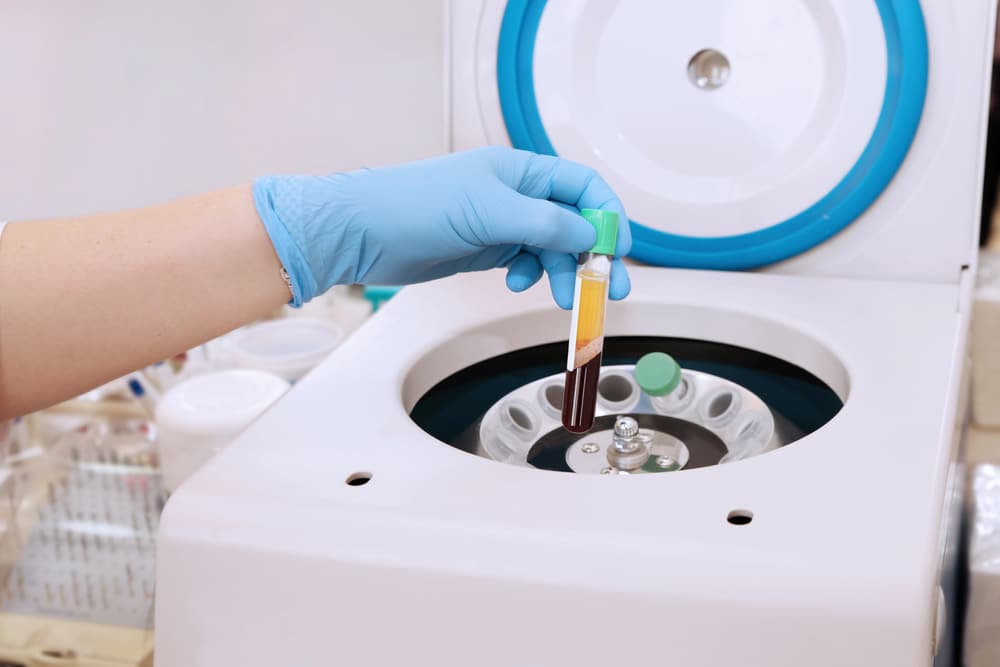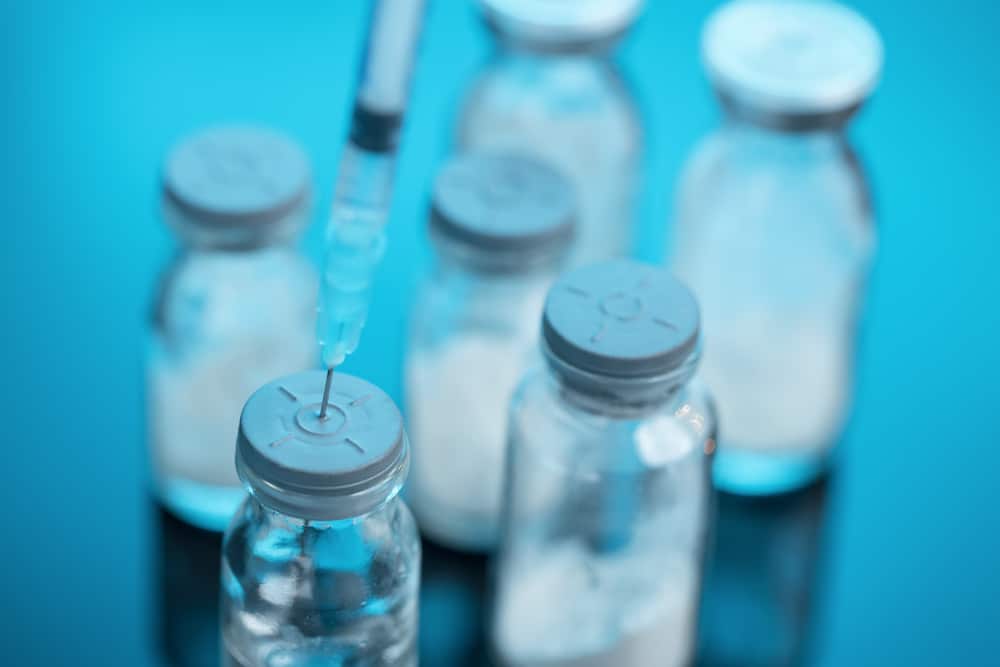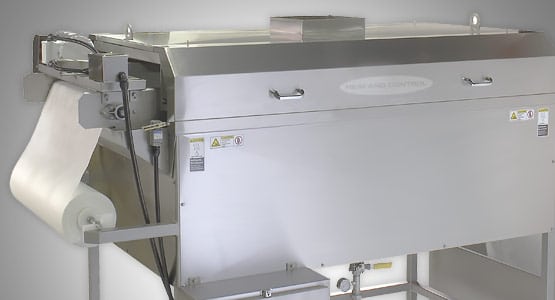During World War II, Detroit became known as the Arsenal of Democracy based on the incredible efforts of automotive companies to step up and support the war effort with planes, tanks, and other equipment. Today, Michigan is quickly becoming known as the Arsenal of Health with well over six hundred companies, large and small, retooling and ramping up to equip medical teams and first responders. Here are just a few of the many examples.
MEDICAL EQUIPMENT
Altus Industries Inc. (Walker) converted a product line to meet a new need. The engineering team at Altus got to work using the company’s standard components to configure a cart designed to support ventilators, and within days went into production.
Cyb Llings (Pontiac) The 3-D printing service producing face masks, and bands to make wearing those masks all day less painful for frontline workers.
Ford Motor Company (Dearborn) collaborated with 3M for design and testing, to develop a new powered air-purifying respirator (PAPR). Its Vreeland facility near Flat Rock has the capacity to make 100,000. Meanwhile, in collaboration with the UAW, Ford is also producing face masks at its Van Dyke Transmission Plant for internal use globally and pursuing certification for medical use. It is also is leading efforts to manufacture reusable gowns from airbag materials with supplier Joyson Safety Systems and lending its manufacturing support to help Thermo Fisher Scientific quickly expand production of COVID-19 collection kits for patient testing.
General Motors (Detroit) is working with Ventec Life Systems to arm front line medical professionals with the Ventec V+Pro, the kind of critical care ventilator needed to treat seriously ill patients. The V+Pro is portable and can run on battery power, which are important factors as medical professionals consider treatment in non-traditional locations, such as field hospitals that don’t have pressured air supply and other normal hospital functions.
Petoskey Plastics Inc. (Petoskey) went from conception to production in less than five days in order began manufacturing non-surgical isolation gowns to support healthcare workers and patients to manufacture non-surgical isolation gowns to support healthcare workers and patients.
Stryker (Kalamazoo) knew that the customized hospital beds they typically produce would take more time than the crisis would allow to meet growing demand. In just seven days they went from conception to a production capacity of 10,000
PERSONAL PROTECTION EQUIPMENT (PPE)
Acme Group (Bloomfield Hills) converted its factories to the development and production of KN95 masks and providing melt blown filter material (the key ingredient in face masks) to producers all over the world. The company also converted one of its facilities to cut and sew materials used in surgical gowns and face masks. The Acme Group provided over 3 million masks for area healthcare workers thus far.
Carhartt (Dearborn) has produced over 50,000 medical gowns so far. The company has also ramped up to aid in mask production.
Detroit Sewn (Pontiac) jumped in early and hired additional people to respond to the shortage of masks after a request from Trinity Health Systems.
Deviate (Detroit) has two non-surgical mask types in production — a basic, one-time-use mask and a reusable one with a filter. The company has the ability to produce 50-70 masks per day using on-hand materials and donations from the community. In addition, Deviate is also selling DV8 Beanies online and using the profits to help continue producing masks.
Industrial Sewing & Innovation Center-ISAIC (Detroit) is busy making isolation gowns for healthcare workers.
RCO Engineering (Roseville) has shifted from producing interior components for automotive suppliers to making hospital face shields at a rate of nearly 30,000 per day.
Steelcase (Grand Rapids) developed screens and masks in response to a need from Spectrum Health. The first screen prototype was created within 3 hours of receiving the call, and production began almost immediately. The design team created an even lighter version and also went on to create masks. They then share their designs with anyone who wanted to help in the effort.
Stormy Kromer (Ironwood) stopped its regular production of famous caps and other apparel to produce masks and gowns for medical personnel like Bronson in Battle Creek.
York Project (Detroit) has shifted its operations to produce non-surgical masks from scraps on hand from apparel production. It plans to donate masks to homeless shelters and other organizations in need.
HAND SANITIZER
As the COVID-19 crisis began to take hold, a massive shortage of hand sanitizer gripped the nation. Not only was it disappearing from store shelves, first responders and medical facilities with lives depending upon the product, beban to fall short. Michigan companies jumped in to refill the frontline supply and to make sure members of their communities had access to this valuable preventative measure. Here is a partial list of companies that deserve or thanks and support.
Ann Arbor Distilling Co. (Ann Arbor)
Coppercraft Distillery (Holland)
Bier Distillery (Comstock Park)
Detroit Bus Company (Detroit)
Detroit City Distillery (Detroit)
Grand Traverse Distillery (Traverse City)
Griffin Claw Brewing Co. (Birmingham)
Iron Fish Distillery (Thompsonville)
Journeyman Distillery (Three Oaks)
Kalamazoo Stillhouse (Kalamazoo)
Long Road Distillers (Grand Rapids)
Valentine Distilling Co. (Ferndale)
Two James Spirits (Detroit)

